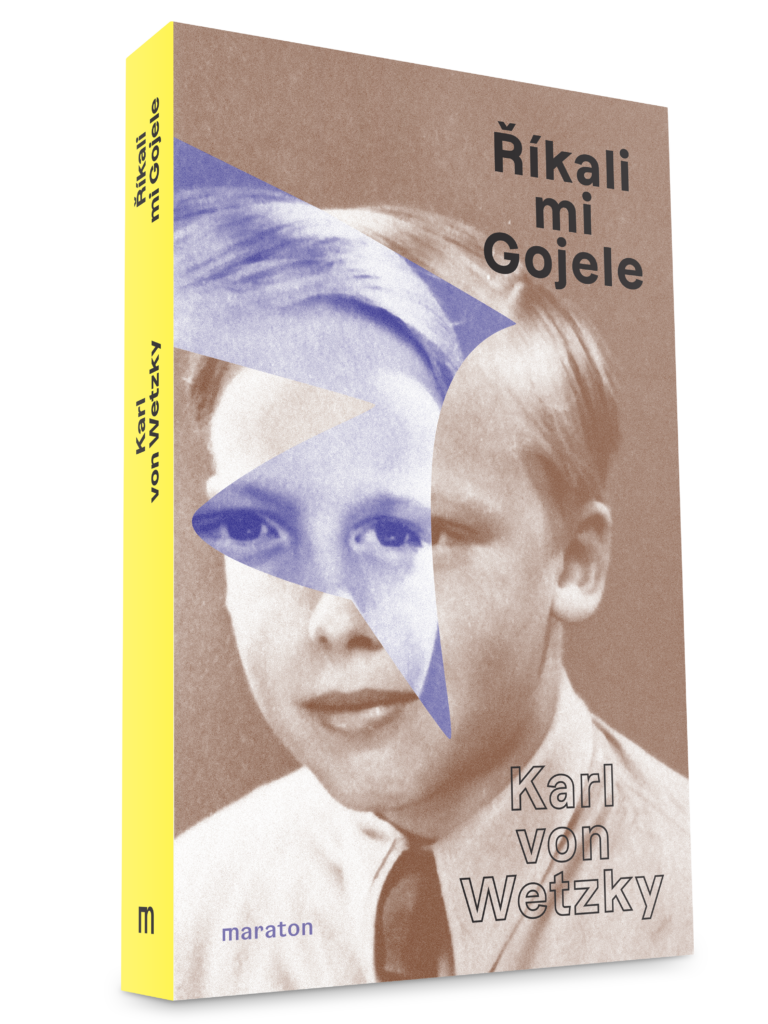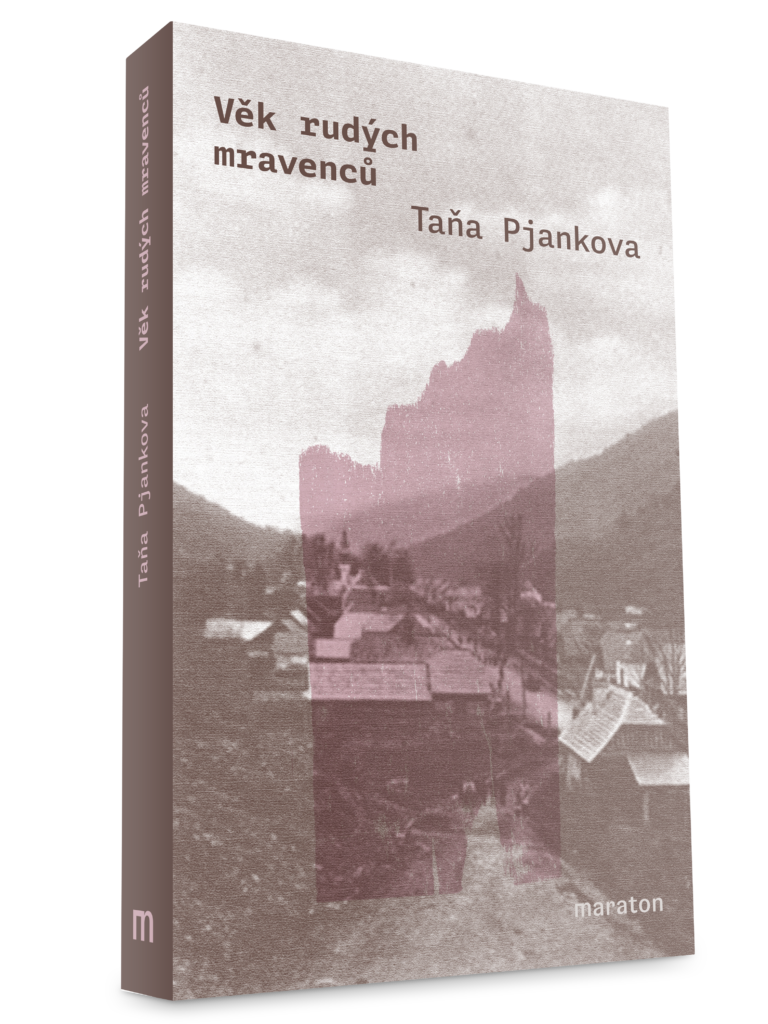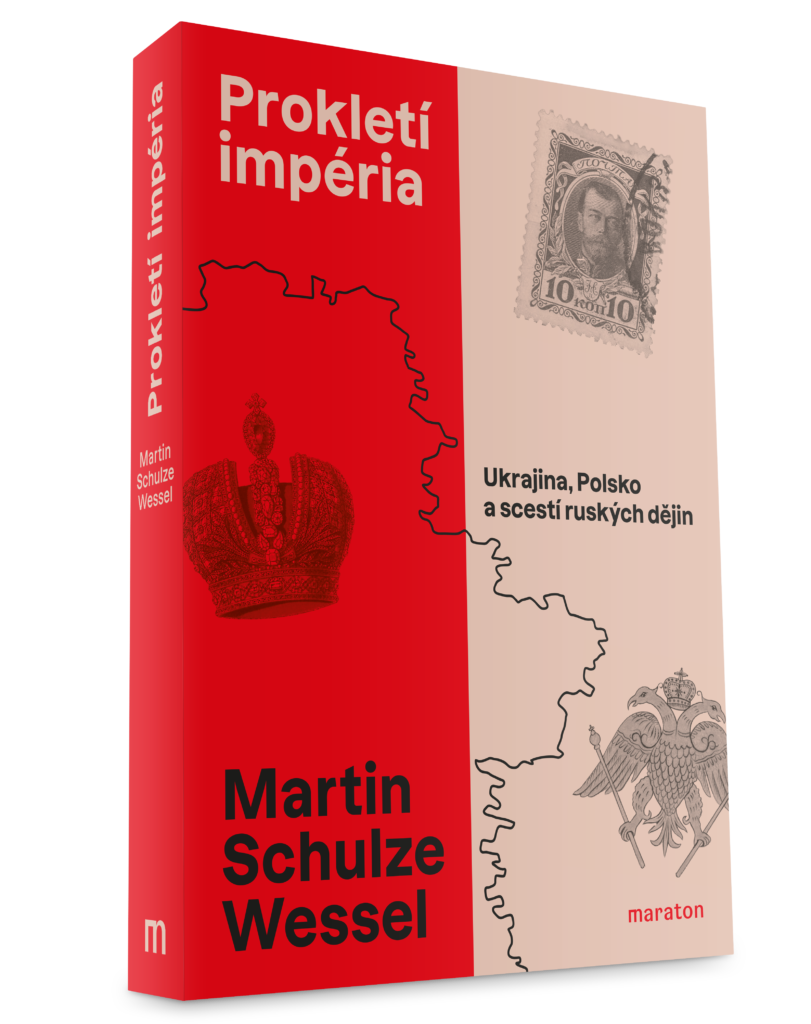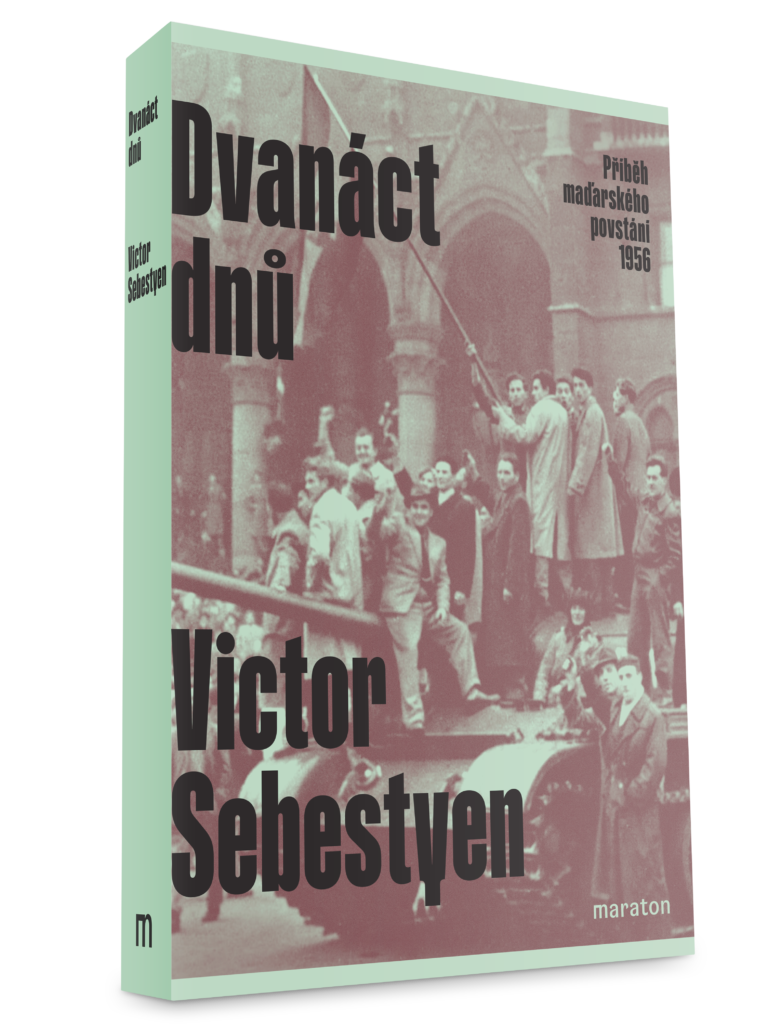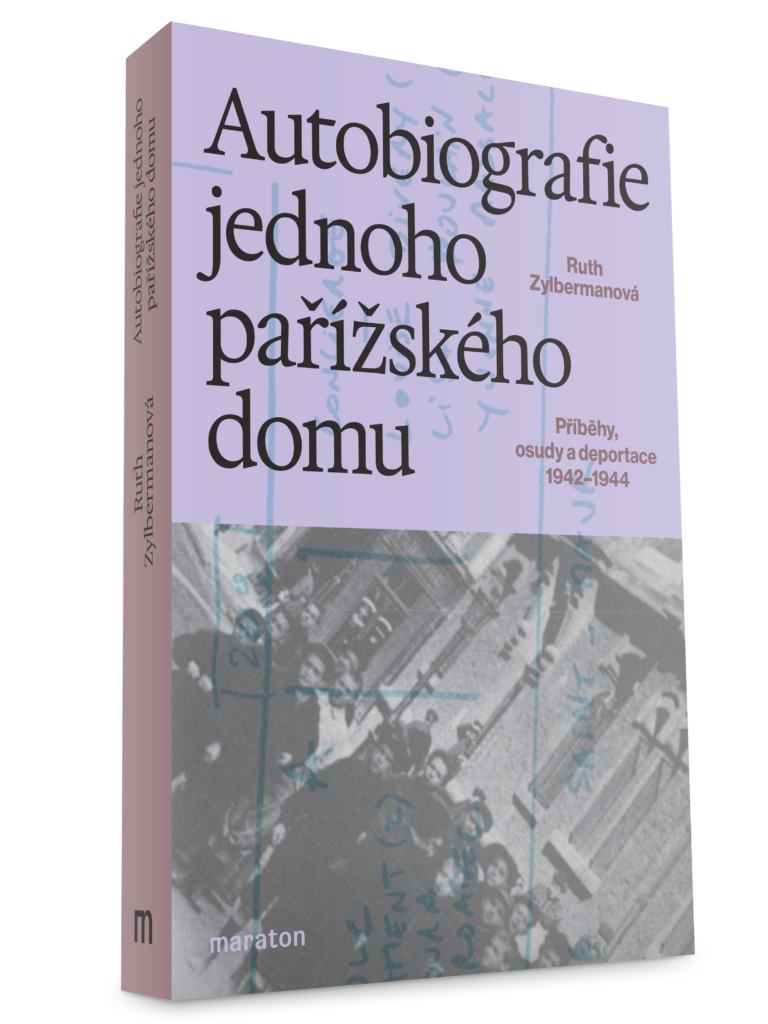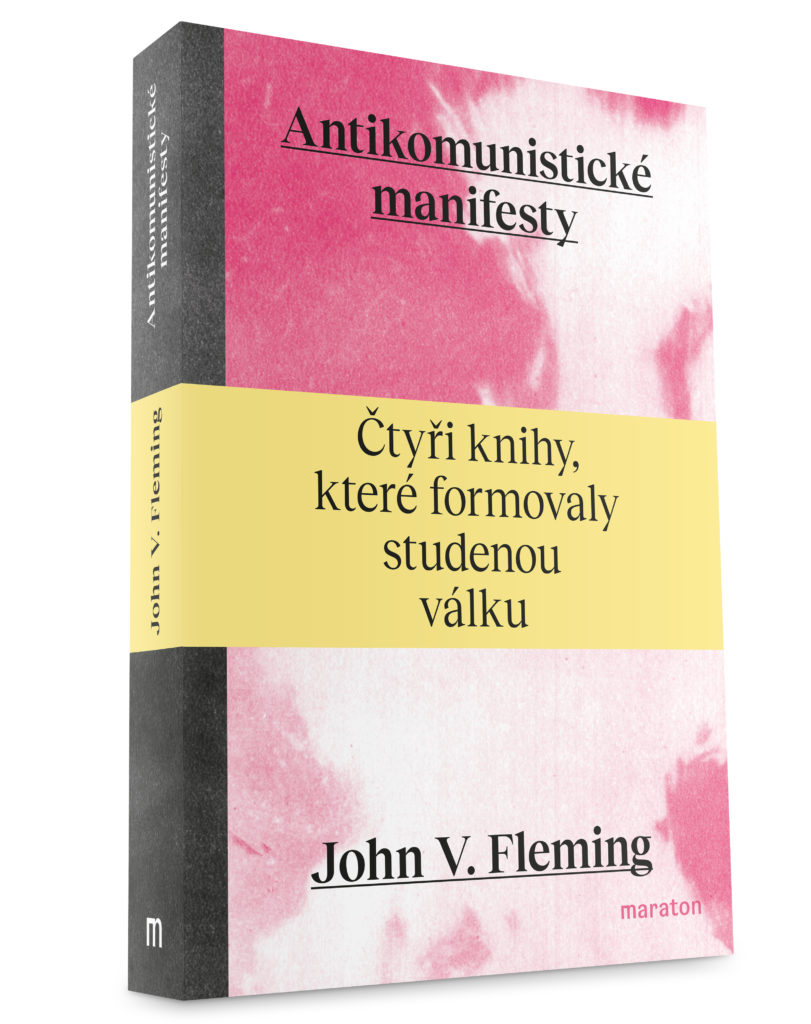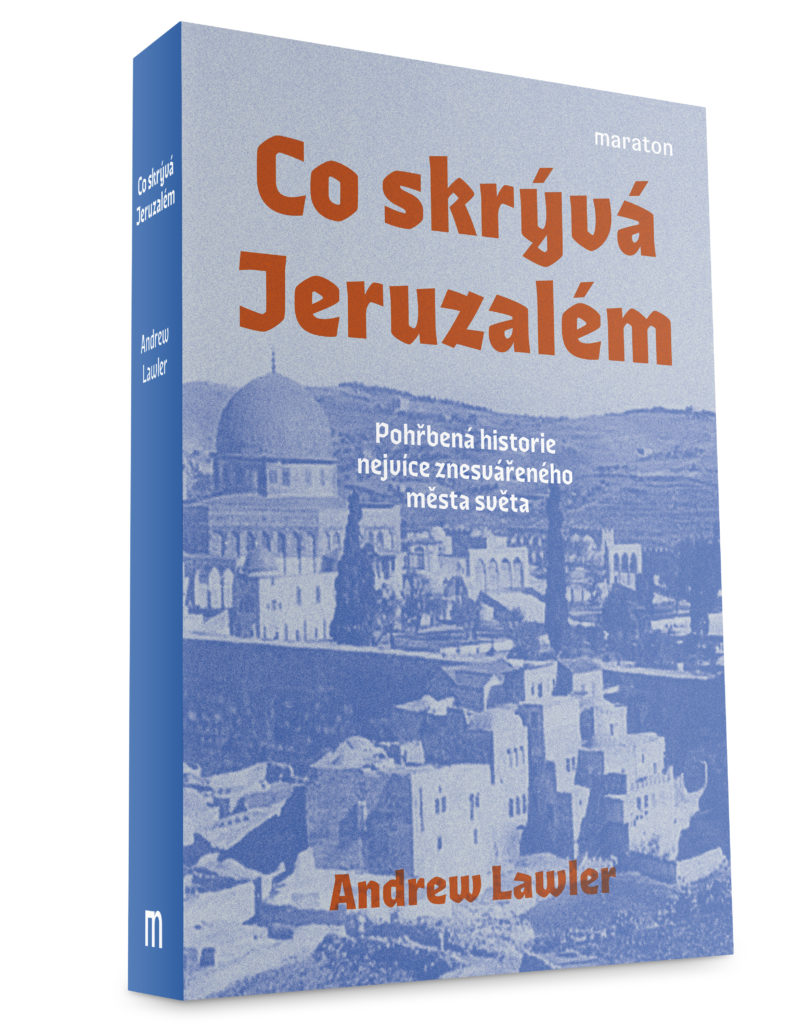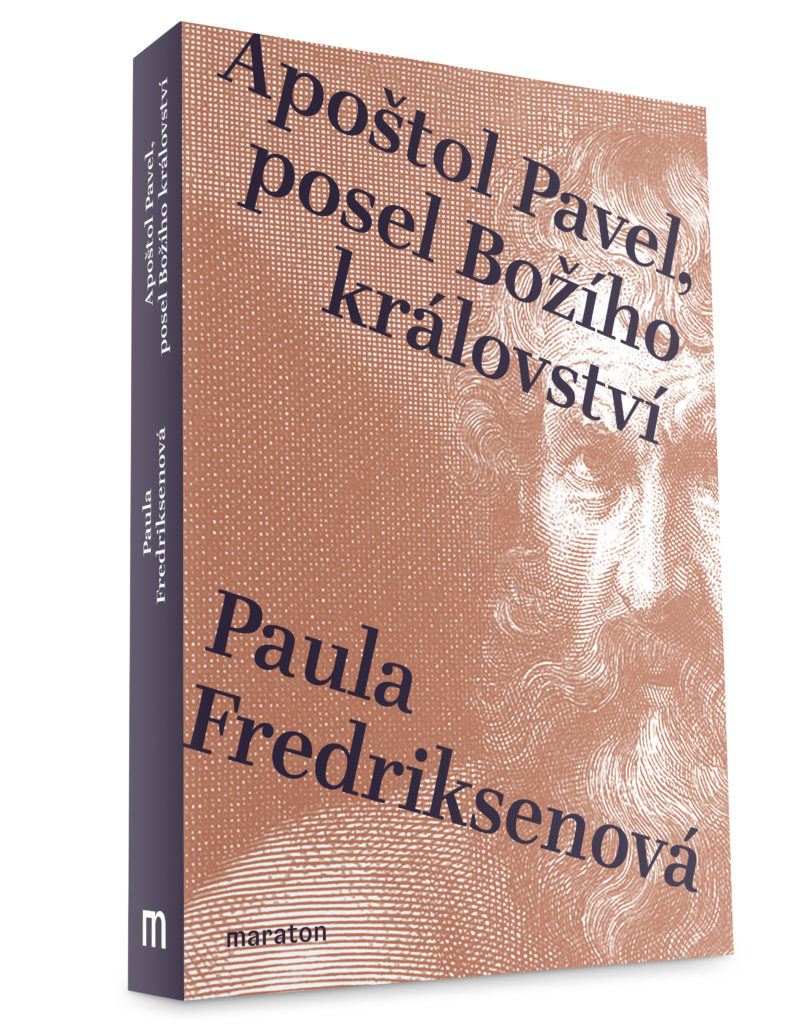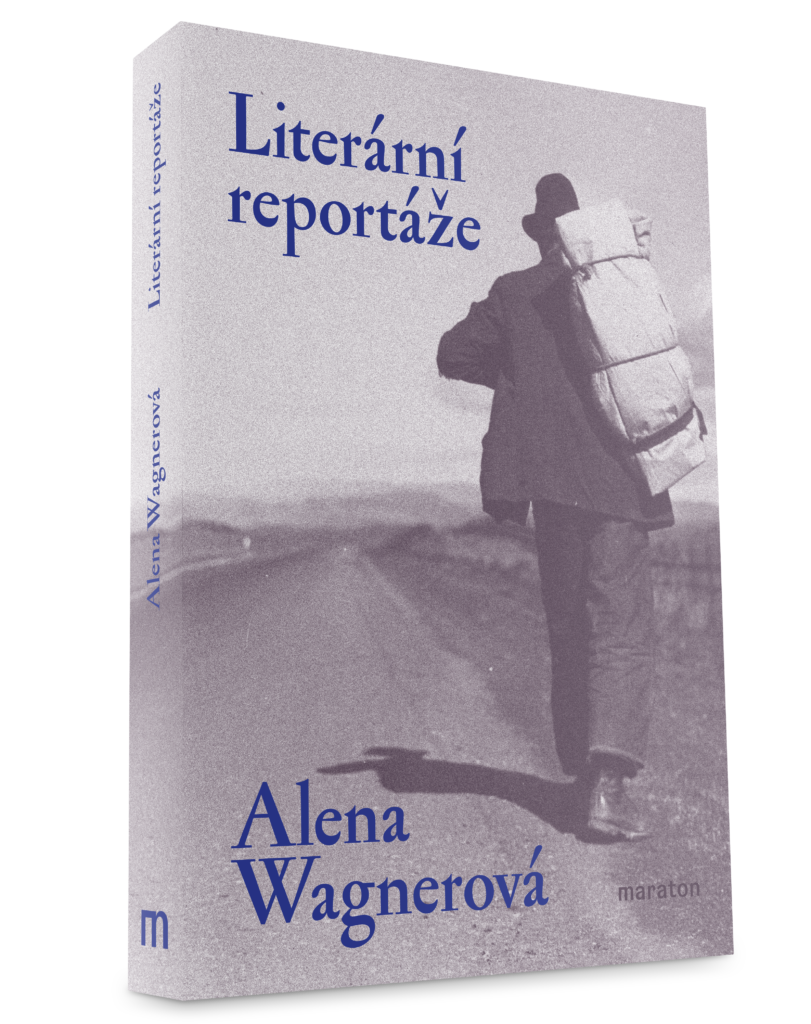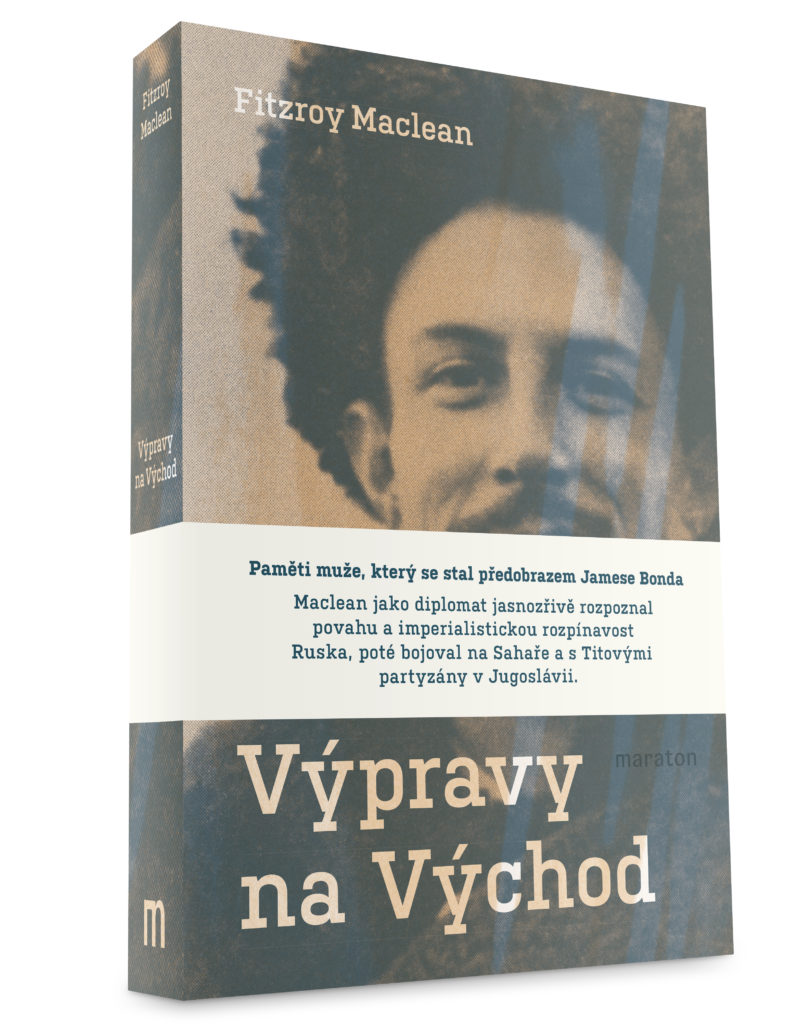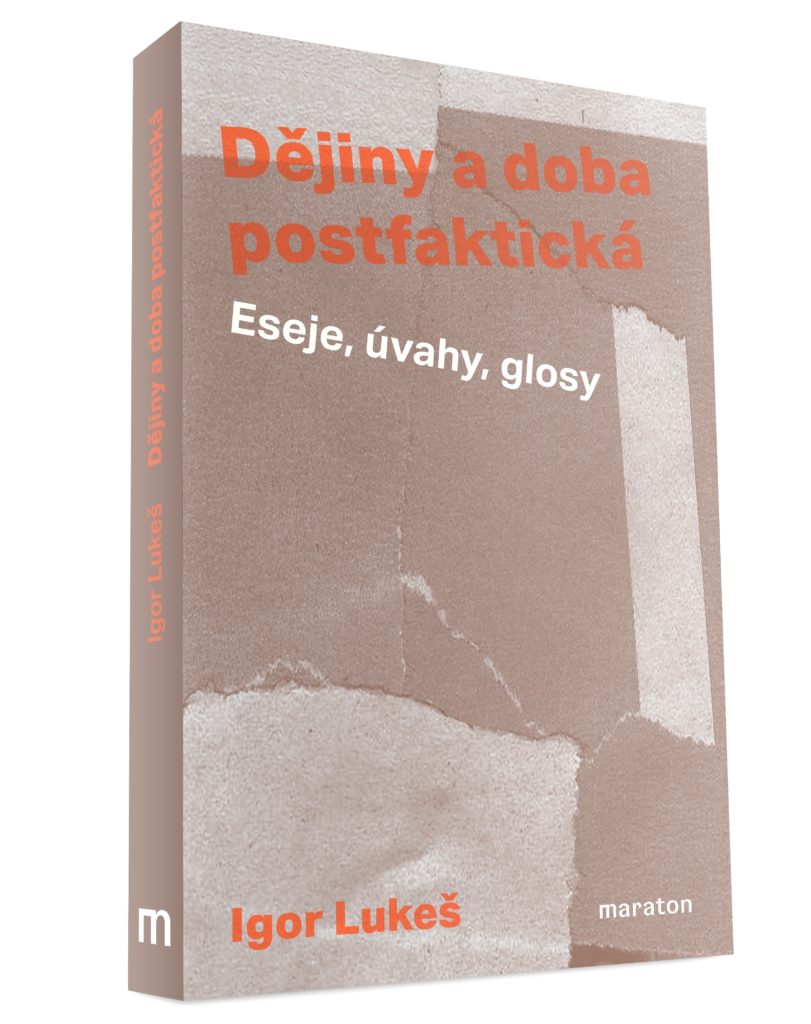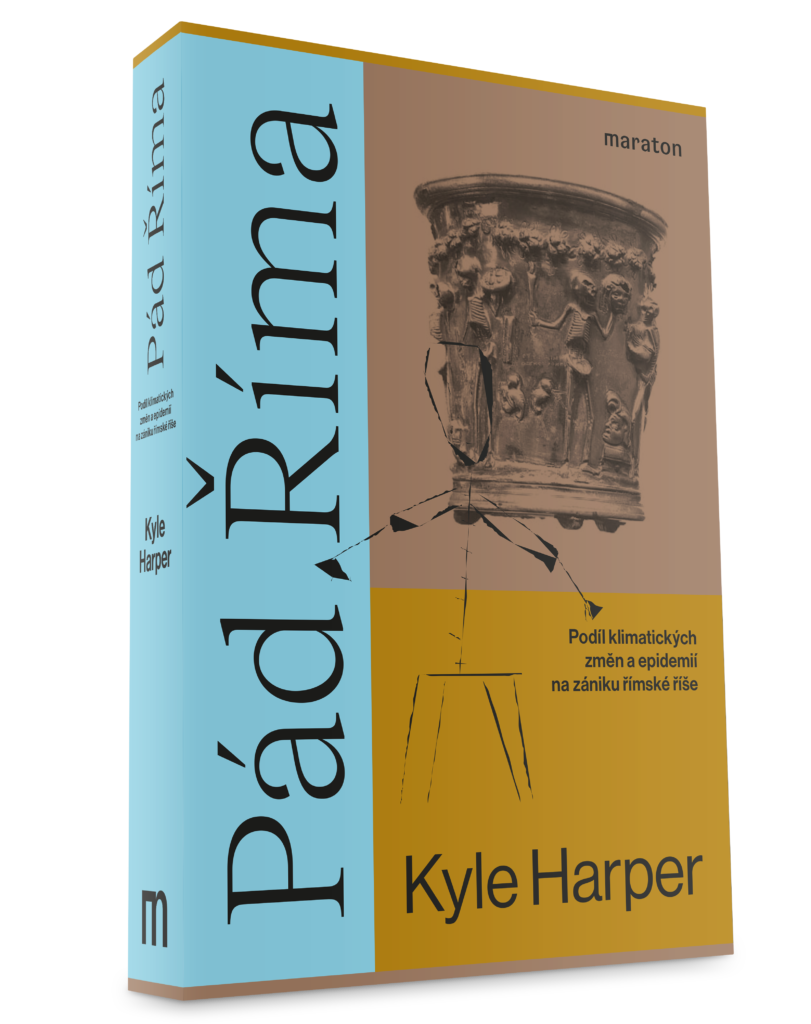aneb židovská dobrodružství křesťanského chlapce, když skončilo šoa
Gojele. The Jewish adventures of a Christian boy after the end of Shoah. This partly autobiographical novel by Czech-German writer Karl von Wetzky takes place shortly after the Second World War. Twelve years old Heinrich Adolf and his mother are about to be deported to Germany, so they set off for a centre in northern Moravia that gathers Germans from the Bohemia for resettlement. However, by coincidence and due to a clerical error, they arrive in a small town where the surviving Jews are concentrated, preparing for their journey to Palestine.

